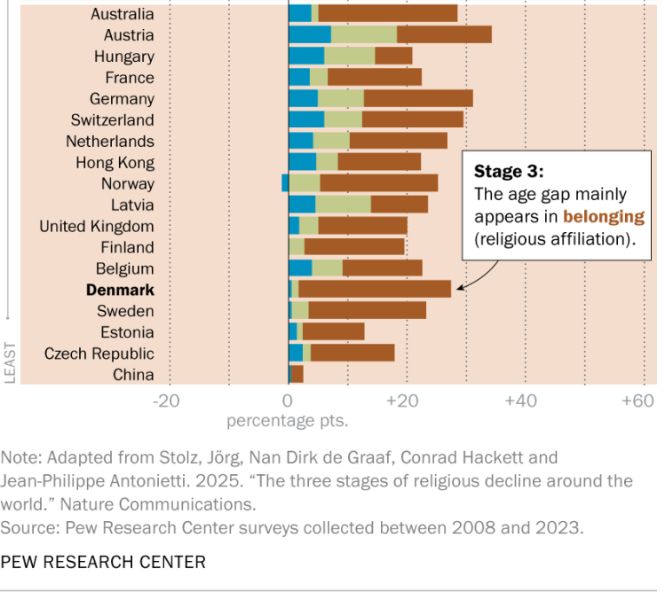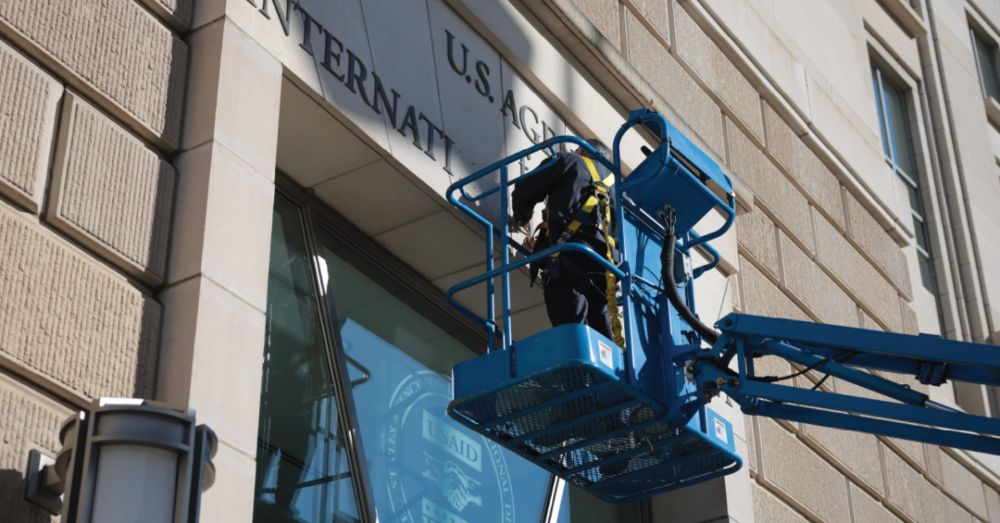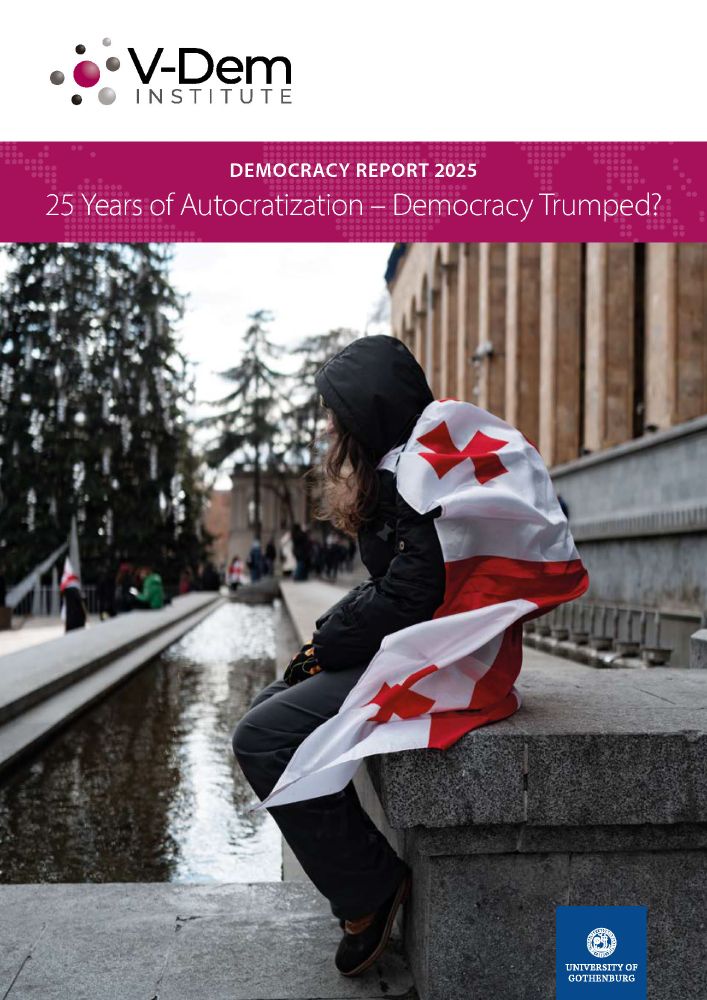
www.pewresearch.org/global/2025/...

www.pewresearch.org/global/2025/...

Many Muslim-majority countries, Hindu-majority India in early stage. Countries with large Buddhist & Christian populations in later stages.
Blog: www.pewresearch.org/short-reads/...



Many Muslim-majority countries, Hindu-majority India in early stage. Countries with large Buddhist & Christian populations in later stages.
Blog: www.pewresearch.org/short-reads/...
www.pewresearch.org/short-reads/...

www.pewresearch.org/short-reads/...
pewrsr.ch/4kFqPH0

pewrsr.ch/4kFqPH0
www.linkedin.com/jobs/view/42...
www.linkedin.com/jobs/view/42...
www.pewresearch.org/global/2025/...

www.pewresearch.org/global/2025/...
pewrsr.ch/42LKUDC

pewrsr.ch/42LKUDC
www.pewresearch.org/global/2025/...

www.pewresearch.org/global/2025/...
www.pewresearch.org/global/2025/...

www.pewresearch.org/global/2025/...
We are excited to share our data and insights here with you, and so are our researchers: go.bsky.app/3QzdR9p
What would you like to see from us? Drop suggestions below!
25 Years of Autocratization - Democracy Trumped?
Read the Report: v-dem.net/publications...
Download the V-Dem Dataset v15: v-dem.net/data/the-v-d...
#DR25 #DemocracyReport2025 #VDemDatasetV15
#Polisky #PoliSciSky #PoliticalScienceData #PoliticalScience

25 Years of Autocratization - Democracy Trumped?
Read the Report: v-dem.net/publications...
Download the V-Dem Dataset v15: v-dem.net/data/the-v-d...
#DR25 #DemocracyReport2025 #VDemDatasetV15
#Polisky #PoliSciSky #PoliticalScienceData #PoliticalScience
🎧 Listen to it now:
👉 tinyurl.com/yrztfadc

freedomhouse.org/report/freed...
Violence and repression around elections, ongoing armed conflicts, and the spread of authoritarian practices contributed to the 19th consecutive year of global freedom in decline.
(1/🧵)

freedomhouse.org/report/freed...
Violence and repression around elections, ongoing armed conflicts, and the spread of authoritarian practices contributed to the 19th consecutive year of global freedom in decline.
(1/🧵)
www.pewresearch.org/short-reads/...

www.pewresearch.org/short-reads/...
www.pewresearch.org/short-reads/...

www.pewresearch.org/short-reads/...
pewrsr.ch/42Rk7HR

pewrsr.ch/42Rk7HR

My take-away: most citizens are unhappy and unclear about what they want - which is why they rhetorically embrace any alternative to the current system (while not participating in these alternatives when having the chance).

My take-away: most citizens are unhappy and unclear about what they want - which is why they rhetorically embrace any alternative to the current system (while not participating in these alternatives when having the chance).
"Why the World Is Down on Democracy":
muse.jhu.edu/pub/1/a...

"Why the World Is Down on Democracy":
muse.jhu.edu/pub/1/a...
pewtrusts.wd5.myworkdayjobs.com/en-US/Center...

pewtrusts.wd5.myworkdayjobs.com/en-US/Center...

Keir Starmer starts of 2025 with a steady net approval rating of -33% (-1, compared to our last poll).


pewrsr.ch/4g7QjK9

pewrsr.ch/4g7QjK9

